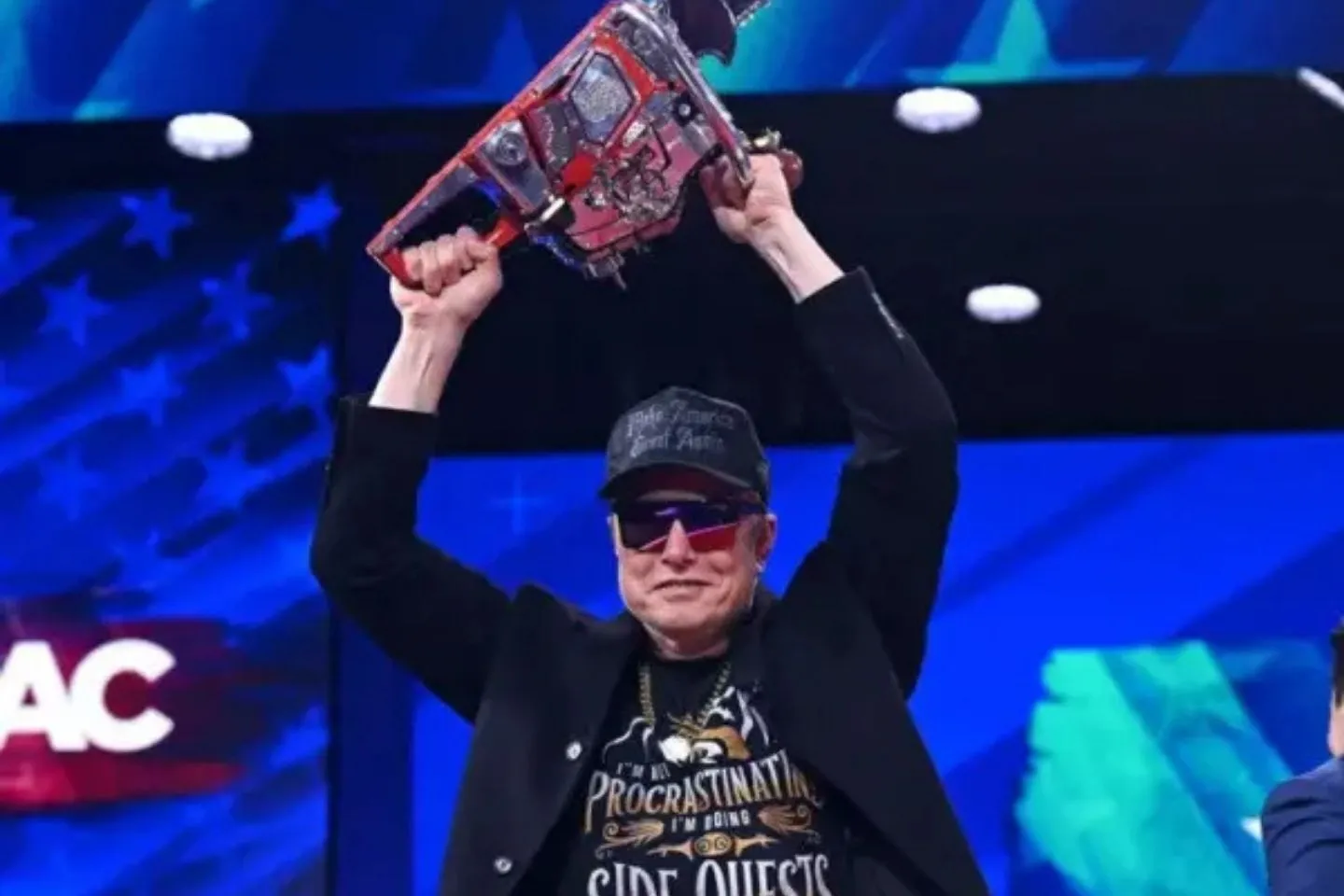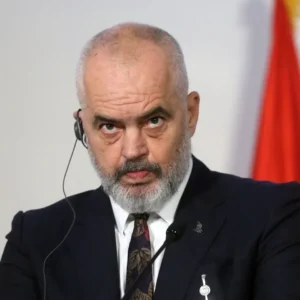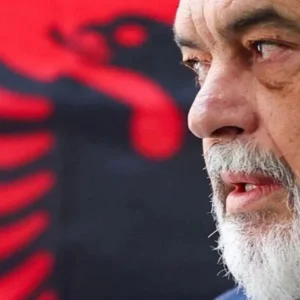Declining profits, weakening share prices, and growing unrest among investors: The board of the billion-dollar company Tesla has begun actively searching for a successor to Elon Musk (53) as CEO.
The revolt against the boss has already begun, according to reports from members of Tesla’s top management to the Wall Street Journal. The background to this is Musk’s prolonged absence from Tesla’s day-to-day business as he becomes increasingly involved in Donald Trump’s administration in Washington.
The search for a successor
A month ago, Tesla board members contacted several executive search firms to formally begin the search for a new leader. While Musk is still officially CEO, the board is pushing for him to spend more time at the company. According to insider reports, the members made it clear in a meeting that he not only needs to increase his presence, but also publicly declare that he will do so. Musk did not disagree.
Last week, he announced in a conference call with investors that he would be spending “significantly more time at Tesla starting next month.” This announcement came immediately after a disappointing quarterly report: profits plummeted by 71% and sales fell by 9%.
Musk between government and business
Musk, the company’s founder and visionary, has been heavily involved in government work since Trump’s election. As “special counsel for efficiency,” he spends most of his time in Washington, advising the government on budget cuts and is a regular guest at Trump’s Mar-a-Lago resort. For many Tesla employees and investors, this political focus is increasingly a problem: While Tesla markets such as California, Germany, and China are falling away, Musk mostly only shows up via video link.
Some executives have expressed doubts internally. For example, a Tesla manager in California said that people need to prepare themselves for the fact that Musk will not step down, but that he is no longer the same person he used to be – and advised his team to separate politics from work. Shortly after these statements became public, he was fired.
Political involvement is weighing on the company
Musk’s political course, in particular his closeness to Trump and his criticism of climate regulations, is upsetting many Tesla customers and employees. Users are demonstratively distancing themselves from Musk on social media and on vehicles. Trump’s trade policy is further exacerbating the situation: new tariffs are hampering Tesla’s business in China and disrupting supply chains with Mexico and Canada. And the new flagship product, the Cybertruck, is struggling with safety recalls and disappointing sales figures.
The long-awaited robotaxi project, which Tesla now plans to test in Austin in June, is also causing skepticism rather than euphoria.
Overworked, indispensable, unpopular
Internally, Musk is still considered irreplaceable – but also overwhelmed. More than 20 Tesla executives report directly to him, and he is also responsible for companies such as SpaceX, X (Twitter), Neuralink, and xAI. He has publicly complained that despite owning 13% of the company, he has not received a salary for seven years. The board has now formed a special committee to review his compensation after a court overturned his previous billion-dollar pay package.
Tesla at a turning point
The search for a successor is being coordinated internally by one of the major executive search firms. It is unclear whether Musk is privy to the plans or whether his recent announcement of his return will have any impact on the search for a successor. One thing is certain: a change at the top would be a momentous turning point. Musk has shaped Tesla like no other. But his two jobs as a political player and CEO seem increasingly difficult to reconcile.
Image:
Elon Musk (53) Credit: APA















Recent Comments